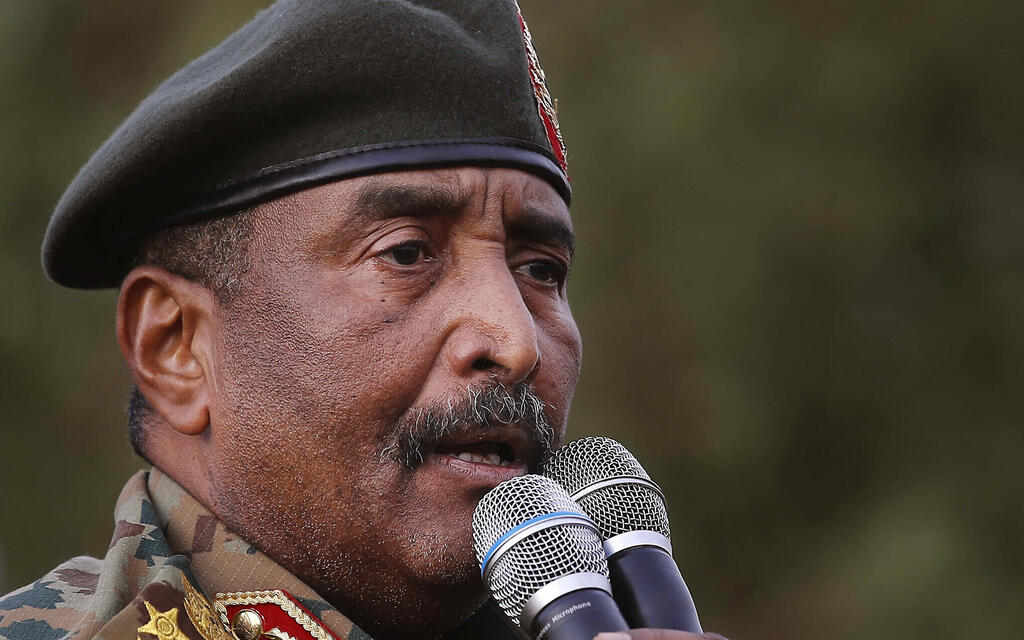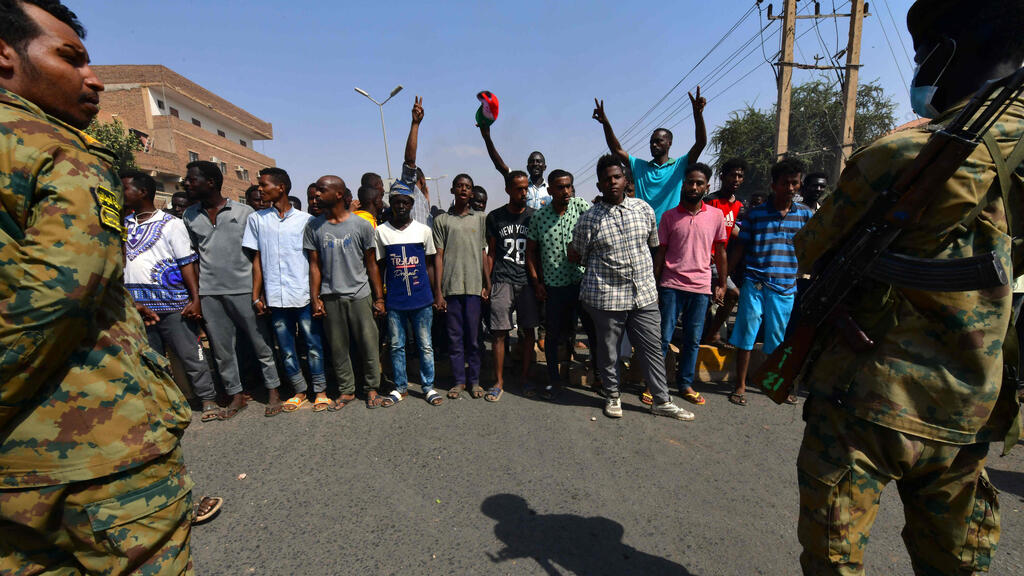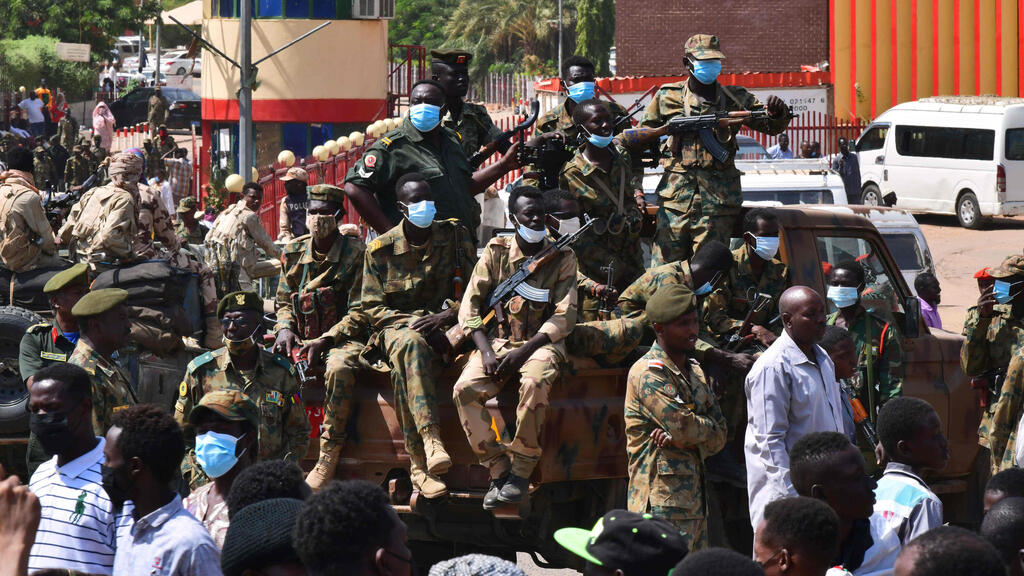While the U.S. envoy handling the crisis in Sudan noted this week that neither side of the military-civilian partnership in Khartoum can choose its partners, It is the same, it appears, for the envoy himself.
A major trust gap now pervades talks as the Sudanese and Americans try to find a way forward in the wake of a military coup, and Washington is turning – of all places – to Jerusalem to bridge that chasm.
U.S. Special Envoy for the Horn of Africa Jeffrey Feltman returns on Sunday to a region he seemingly knows best. Feltman will be in Israel on Sunday and Monday for talks with that country’s officials.
The Biden administration wants to leverage Israel’s close ties with Sudan’s coup leader, Gen. Abdel Fattah al-Burhan, to urge the military to restore Sudan’s civilian government.
The Israeli connections to Burhan came about during the Sudan-Israel normalization process initially brokered by the administration of then-U.S. President Donald Trump, but which stalled out amid philosophical differences on issues surrounding military and civilian leadership in Khartoum.
“We remain extremely concerned about Sudan’s democratic trajectory after the military takeover. Sovereign Council Chair Burhan and his military supporters have hijacked and betrayed the aspirations of the Sudanese people for a peaceful, democratic country,” Feltman told reporters this week.
He left Khartoum on Oct. 25, just ahead of the coup, and told reporters that, while there were obvious tensions in the military-civilian partnership, there seemed to him to be good faith engagement by both sides – until his plane took off.
“Just immediately prior to the military’s hijacking of the transition, we were engaging the Sudanese leaders – political leaders and military leaders – on mechanisms that could have addressed what the military said were their concerns and, frankly, what the civilians said were their concerns about the transition not moving ahead as decisively or quickly as hoped,” Feltman said.
“So, I wouldn’t go so far as to say they lied. What I would say is they seemed to be talking to us in bad faith, because they were talking to us about how to address the concerns they had through constitutional means and, instead, as soon as we left, they decided to just turn over the entire negotiating table in favor of a military takeover,” he said.
The civilian-military transitional government had been in place since April 2019, following the popular overthrow of long-reigning dictator Omar al-Bashir. The military was due to transfer state control to its civilian partners in November, with a view to scheduling elections and a complete transition to democracy in 2023.
“The civilians feel burned by what their military partners did on Oct. 25. And so, the civilians are going to, I think, have a high expectation of the types of guarantees they would need to be able to trust the military in a partnership again,” said Feltman.
6 View gallery
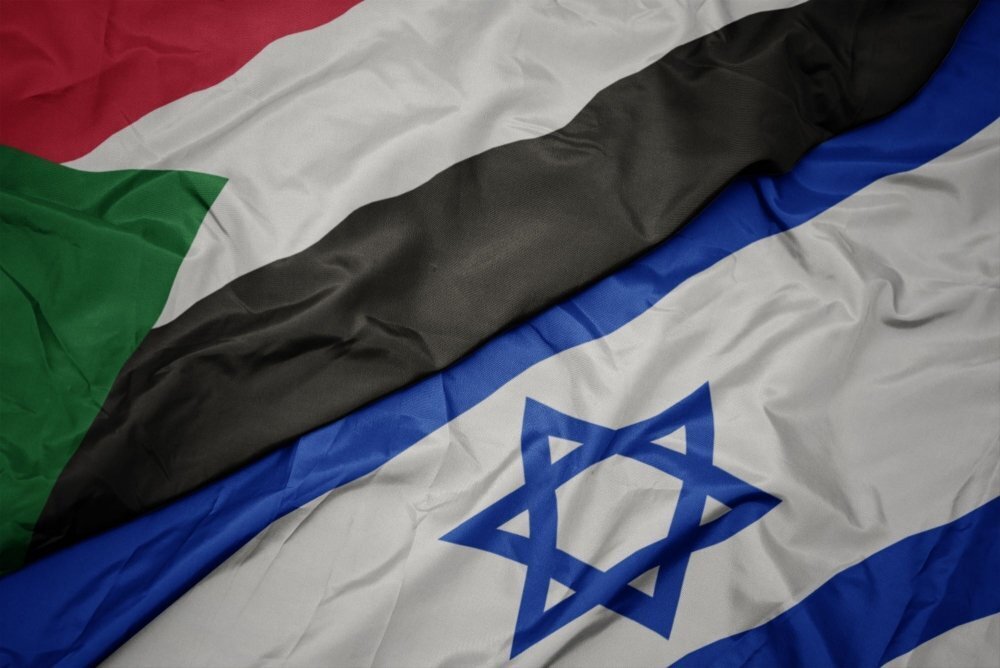

The Israeli connections to Burhan came about during the Sudan-Israel normalization process
(Photo: Shutterstock)
The scale and length of the civilian backlash to the coup appears to have caught the armed forces off guard, and many experts are now anticipating that Burhan may have to settle for a power-sharing agreement with the civilian portion of the transitional government.
The goal, according to some analysts, is for the military to return to the framework of the constitutional arrangement. That might require a mea culpa by Burhan, which can provide a basis for the renewal of talks. Feltman might be skeptical, but that doesn’t mean he won’t be in search of a solution.
“The U.S. doesn’t get to choose the interlocutors it deals with. There is a less likely scenario that Feltman might eventually be dealing with different military figures, if the street puts enough pressure on the military to change leadership, but even that is out of America’s hands,” said Jonas Horner, the International Crisis Group’s deputy project director for Horn of Africa and senior analyst for Sudan.
And that doesn’t appear to be the U.S. strategy at play, based on Feltman’s visit to Israel.
In the weeks before the coup, Sudanese military officials traveled to Jerusalem for talks with Israeli government officials, and a delegation from the Mossad secret service reportedly flew to Khartoum to meet with Sudanese military personnel, though not with Burhan himself.
While international condemnation rained down on the military in the wake of the coup, Israeli officials remained silent, in hopes of keeping the normalization process alive.
The Biden administration, which has shown ambivalence about using its political capital to move forward the process of Israeli-Arab normalization initiated by Trump, now might be in search of a Jerusalem-brokered agreement in place of Washington, turning the whole notion on its ear.
For his own part, Feltman understands the region well, having previously served as assistant secretary of state for Near Eastern Affairs, ambassador to Lebanon, deputy principal officer at the U.S. Consulate in Jerusalem and in multiple roles at the U.S. Embassy to Israel in Tel Aviv.
6 View gallery
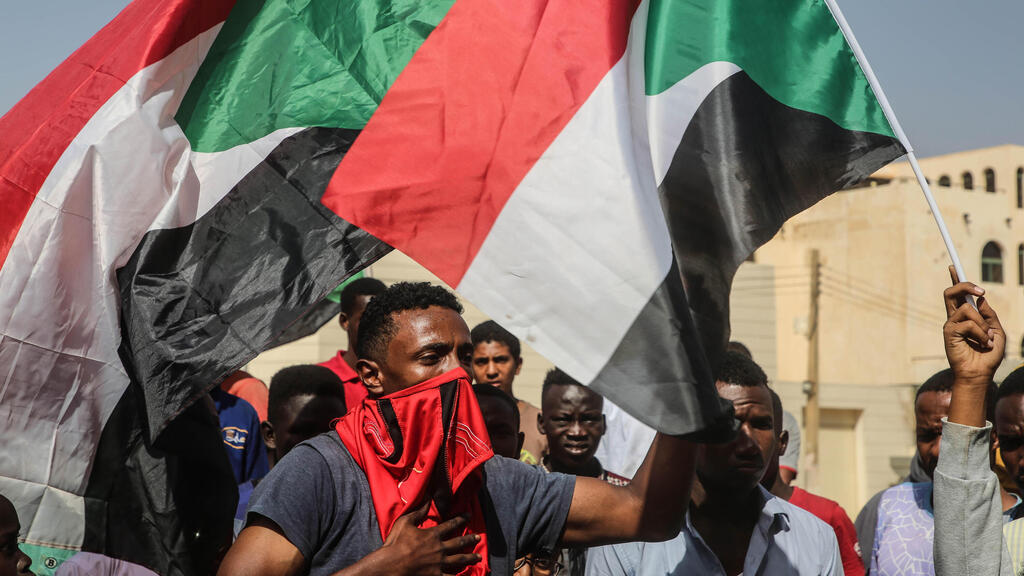

Protesters wave a flag during what the information ministry calls a military coup in Khartoum, Sudan
(Photo: EPA)
The State Department said this week that Feltman and senior U.S. officials have been in constant talks with senior-level figures in a number of countries in and around Sudan, and outside the region, including Israel, hoping to get anyone with a vested interest in long-term Sudanese stability on board.
“The U.S. can still be very influential, and it still has leverage in this adverse context. America has cards to play in terms of leading the international community on the financial front. It can mobilize IFIs (international financial institutions) more readily.
Sudan needs more structural support than short-term financial inputs. The $700 million in aid that the U.S. suspended after the coup was not necessarily what was going to turn things around, anyway.
That support is about enabling civilians to gain credit addressing the needs of civilians,” said Horner.
In the months leading up to the coup, there were clear signs of traction for the government’s painful economic reforms. For example, inflation had begun to fall, and the balance of trade had improved, said Horner.
In the meantime, Washington has enlisted the Saudis, Emiratis, the British and a number of conventional allies to help with a return to substantive talks in Khartoum.
The fact that the reason for Feltman’s return to Jerusalem is to coordinate Israel’s assistance in bringing about a peaceful resolution in Sudan highlights that the Middle East Feltman last dealt with as an American diplomat is now anything but conventional.
Written by Mike Wagenheim and republished with permission from The Media Line



